Childhood Myopia
Childhood Myopia is common in Singapore
According to a study by the Health Promotion Board (HPB), ‘65 per cent among Primary 6 pupils, and roughly 28 per cent for those in Primary 1‘ are myopic.
What Causes Childhood Myopia?
There has been no established consensus with regards to the cause of childhood myopia. However, studies have shown that genetics play a significant part. Parents who are myopic themselves are much more likely to have children who are myopic, even more so if they have severe myopia.
Why is it a Cause for Concern?
Whilst mild myopia is usually not a cause for concern, severe myopia is often associated with eye diseases such as cataract, glaucoma, and retinal detachment. Most people who have severe myopia started developing it at an early age. Treating childhood myopia early helps to prevent one from developing eye conditions at a later age.
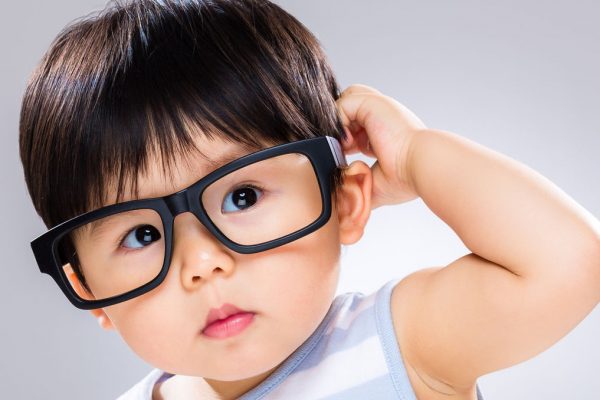
Childhood Myopia Treatments
There is no way to completely prevent or stop childhood myopia. The best way to treat the condition is to slow its progression.
Teach Your Child Good Eye Care Habits
- Ensure that your child takes regular eye breaks (of 5-10 minutes) for every 30 minutes of screen time or reading
- Encourage outdoor activities (such as cycling, swimming, going to the playground) over indoor activities
- Avoid excessive use of tablets and computers
- Ensure that reading or screen time is done in good lighting – do not allow children to use their phones/tablets late at night in a dark room
- Make sure that screens/reading materials are placed at an appropriate distance and angle. Ensure that the child reads upright.*
* Reading materials/handheld devices – 30cm | computer screens – 50cm | television – 3m (Singapore National Eye Centre)
A common misconception that some parents have is that once a child begins to wear glasses, they become “reliant on glasses and cannot use their normal eyes to focus any more”. This is not true. Wearing glasses helps to correct myopia and reduce eye strain. It, in fact, helps to prevent myopia from worsening.
If your child has been prescribed with glasses, monitor them to ensure that they are not taking them off. Children may feel self-conscious or inconvenienced when wearing glasses, especially if they have just started doing so.
Atropine & Myopine for Childhood Myopia
Since the 1960s, Atropine and Myopine eye drops have been used in Singapore to slow down the progression of childhood myopia. Studies have shown that atropine eye drops have been effective in slowing down myopia by 50% to 60% within 2 years. [1]
[1] Atropine for the treatment of childhood myopia: safety and efficacy of 0.5%, 0.1%, and 0.01% doses (Atropine for the treatment of myopia 2). Ophthalmology 2012 Feb;119(2):347-54
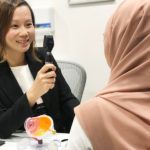

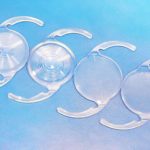
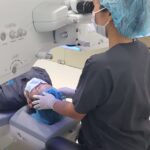
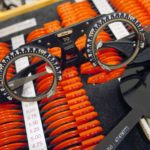
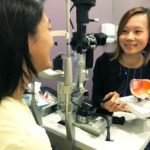

Technology
ISEC believes in continuous innovation, we regularly update our medical technology according to the latest industry developments.
Touch
Rest assured in the hands of experienced doctors with many years of surgical experience, as well as seasoned nurses and optometrists.
Trust
ISEC’s reputation is one that has been built around experience and trust, as evidenced by our large pool of referral patients.
